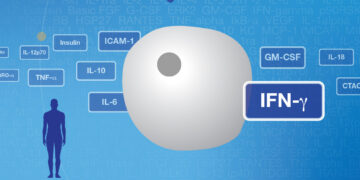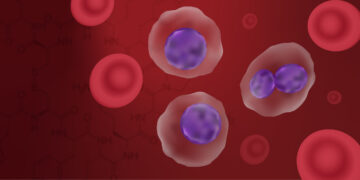
The Journey from Lab to Clinic: Zolgensma, the First Gene Therapy Treatment for Spinal Muscular Atrophy (SMA)

CAR T-Cell Therapy and the Cytokine Storm: The Balancing Act at the Center of Next-Generation Cancer Therapies

Efficacy of a Novel Treatment for Multiple Myeloma Established by Flow Cytometry

Advancing Molecular Diagnostics for Myelodysplastic Syndrome

Immune Surveillance in SARS-CoV-2 Vaccine Development

How FACS, Genetic Screens, and the HAP1 Cell Line Uncover the Biological Mechanisms of Cancer

Inflamed in the Brain: A Protocol for Studying Neuroinflammation in Mouse Brain Tissue

Sorting an Old Problem: Are Cells Stressed by Fluorescence-Activated Cell Sorting?

Monocytes — a Mini Review


